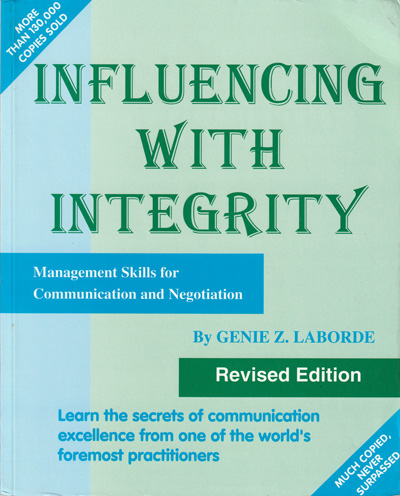Over the past weeks, we’ve explored a range of negotiation “games” — from the Prisoner’s Dilemma to the Battle of the Sexes — each revealing patterns that show up in real business settings.
These weren’t academic exercises. Each game surfaced dynamics like:
- How mistrust sabotages collaboration (Prisoner’s Dilemma)
- How brinkmanship plays out (Game of Chicken)
- Why shared success often requires shared risk (Stag Hunt)
- When fairness trumps logic (Ultimatum Game)
But bear in mind:
These models are archetypes of discrete, non-cooperative, often one-shot scenarios — simplified models that isolate certain dynamics for clarity. They don’t capture the full complexity of real-world negotiations.
In B2B, however:
- Negotiations are rarely one-and-done. They evolve over time.
- Many outcomes are interdependent
- Cooperation is often key, even amid competition.
Most importantly, you’re not just choosing from a fixed set of moves. You can shape the playing field itself. Often, that’s where the real leverage lies.
While game theory is a helpful lens, it’s not a full map.
What matters more is practical experience in navigating ambiguity, aligning internal players, and influencing the other side’s perception of the game.
That’s where we come in. At Crowlight Partners, we help clients:
✅ Recognize the game they’re in
✅ Understand what’s driving the other side
✅ And create conditions for better outcomes — by design, not by happenstance
Because in B2B negotiations, success isn’t about playing harder. It’s about playing your cards right.
📌 If you missed any post or want to revisit a particular game, we’ve linked them here:
Game Practice: When ‘Game Theory’ Gets Real
Or feel free to reach out for a conversation.
#Negotiation #GameTheory #Strategy #B2B #Leadership #CrowlightPartners #CreatingSharedSuccess





